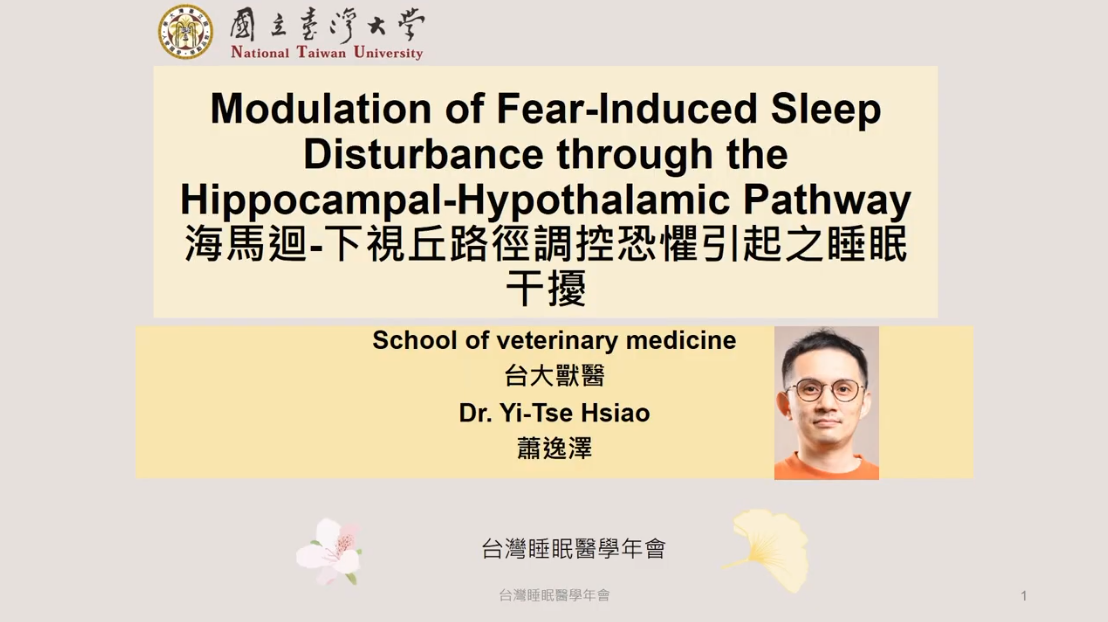
A single stressful experience often disrupts subsequent sleep, but the precise mechanisms underlying this phenomenon remain unclear. We hypothesized that emotional memories consolidated within ventral hippocampal neurons projecting to the lateral hypothalamus contribute to stress-induced sleep disturbances. Employing activity-dependent neural tagging in mice, we labeled footshock-activated neurons in the lateral hypothalamus. Reactivation of these neurons significantly reduced sleep duration by more than 6 hours. Remarkably, inhibition of ventral hippocampal during footshock exposure ameliorated sleep disruptions. We further demonstrated that stressful experiences activate ventral hippocampal neurons, subsequently stimulating orexinergic neurons in the lateral hypothalamus, leading to sleep disturbances. Our findings suggest that fear-induced reactivation of orexinergic neurons, receiving input from the ventral hippocampus, plays a crucial role in sleep disruption following stressful events.